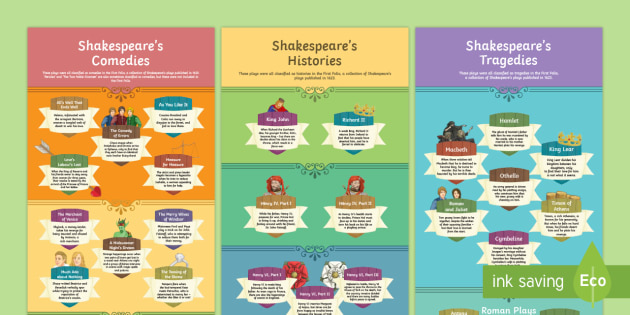

My brother shall know of it:Īnd so I thank you for your good counsel. We must be patient: but IĬannot choose but weep, to think they should lay him Indeed, la, without an oath, I’ll make an end on’t: Pray you, let’s have no words of this but when they Well, God ‘ild you! They say the owl was a baker’sĭaughter. Where is the beauteous majesty of Denmark? Though not a technical monologue, all of Ophelia’s lines combined in this scene make for a very dramatic read. Yes, Hamlet has been toying with Ophelia throughout the play up until this point and did tell her “get thee to a nunnery,” but she finally cracks when she loses her closest ally: her father. This scene was not triggered by a failed romantic endeavor. What is admirable about this scene is that it is not a very “woe is me” moment. Getting the more well-known scenes out of the way, this is one of the greatest examples of a female having a breakdown in Shakespeare’s work. Ophelia’s Breakdown, “Hamlet,” Act 4, Scene 5

What’sĭone cannot be undone.–To bed, to bed, to bed! 2. To bed, to bed! there’s knocking at the gate:Ĭome, come, come, come, give me your hand.

Pale.–I tell you yet again, Banquo’s buried he Wash your hands, put on your nightgown look not so Perfumes of Arabia will not sweeten this little Here’s the smell of the blood still: all the That, my lord, no more o’ that: you mar all with What, will these hands ne’er be clean?–No more o’ The thane of Fife had a wife: where is she now?– Lord, fie! a soldier, and afeard? What need weįear who knows it, when none can call our power toĪccount?–Yet who would have thought the old man Then, ’tis time to do’t.–Hell is murky!–Fie, my Out, damned spot! out, I say!–One: two: why, This is perhaps one of the most, if not the most popular female monologue from Shakespeare. She’s far from innocent, and you can’t help but feel for her in this scene. has become one of the most iconic female characters in Shakespeare’s work. When trying to think of a great female monologue from Shakespeare, this is the one that most often comes to mind. Lady Macbeth Damned Spot, “Macbeth,” Act 5, Scene 1 Whether it be for an audition or just for fun, here are eight great Shakespearean monologues for women: 1. There are many strong monologues by female characters throughout his work. However, that’s not to say the women of Shakespeare are completely at a loss. Many women would prefer to play Hamlet over Ophelia or play Prospero over Cressida. When looking to Shakespeare for strong characters to play or idolize, the first few that always come to mind are Hamlet or Richard II, since these are very meaty characters who have countless iconic lines. There has been so much debate over the evolution of this one character because she broke from the mold so well up until the end of the play. For example, Kate in “Taming of the Shrew” starts off super strong at the beginning of the play, but by the end, she becomes submissive. In fact, despite our love for his work, we often struggle to defend many of them. Though he’s one of the world’s greatest playwrights, we don’t always look to Shakespeare for empowering female characters.


 0 kommentar(er)
0 kommentar(er)
